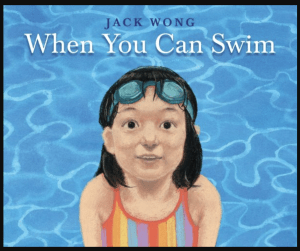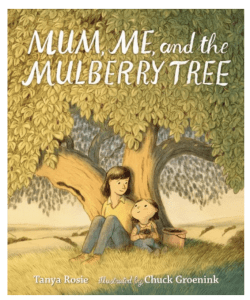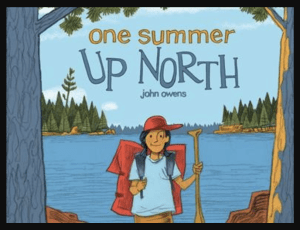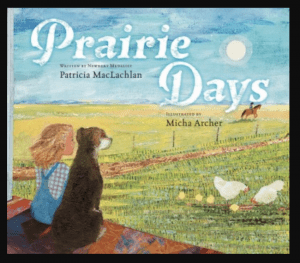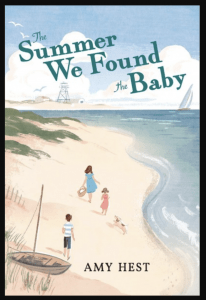Wong, Jack. When You Can Swim. New York: Orchard Books, an imprint of Scholastic Inc., 2023.
When you can swim, a whole new world opens up. Treetops drift overhead as you float on your back. Fields of reeds appear as you dive down under the water. Fish feast on insects as you tread water in the twilight. Amazing wonders, exciting adventures, all await you once you can swim. Evocative full-page illustrations help to tell this story written as poetry. Told from the second person point of view and accompanied by an afterword explaining how the author learned to overcome his fear of swimming when he came to Canada as an immigrant child, this beautiful picture book is highly recommended for readers of all ages. (P.S. Teachers will find it invaluable for showing students how to write powerfully without using the rules of punctuation.)
More stories told from the second person point of view
